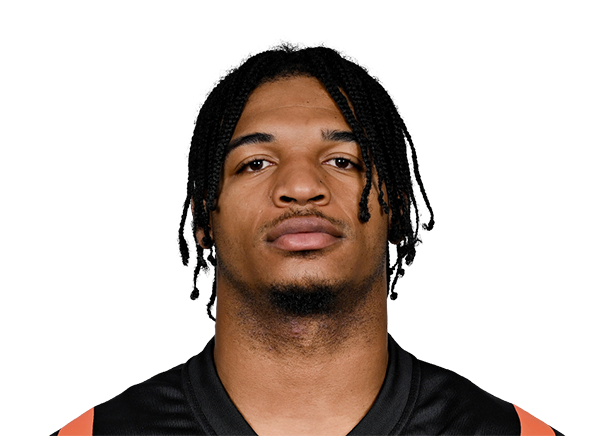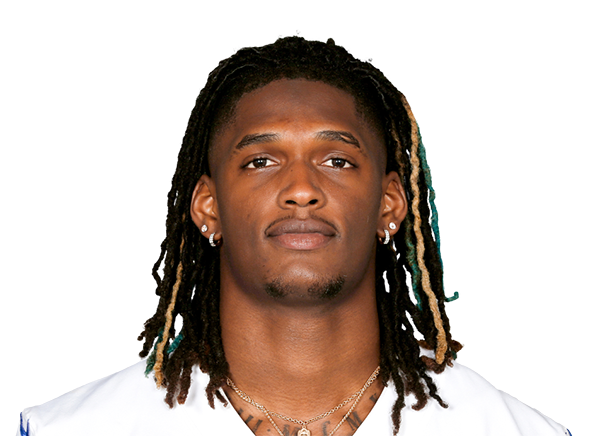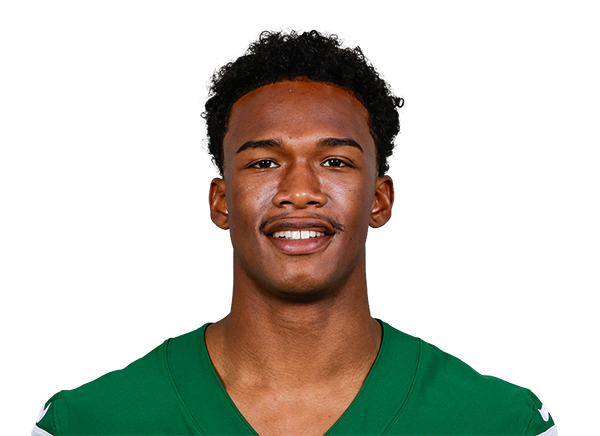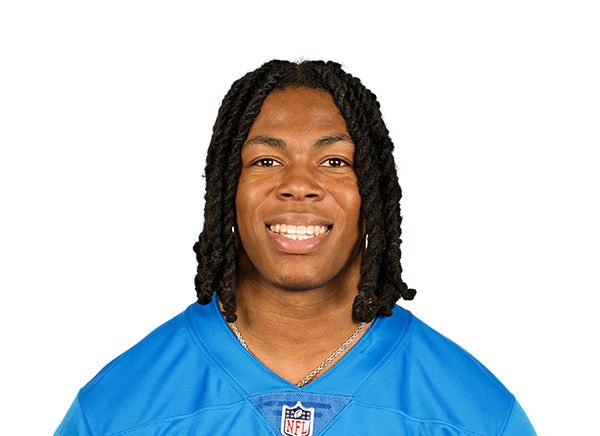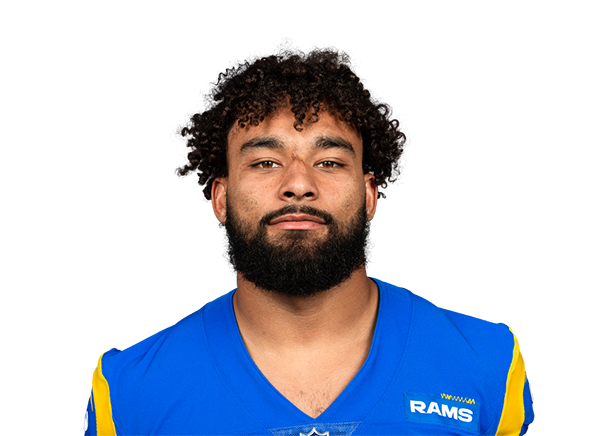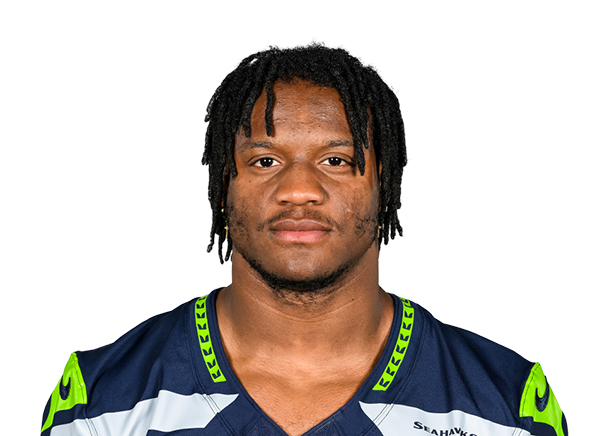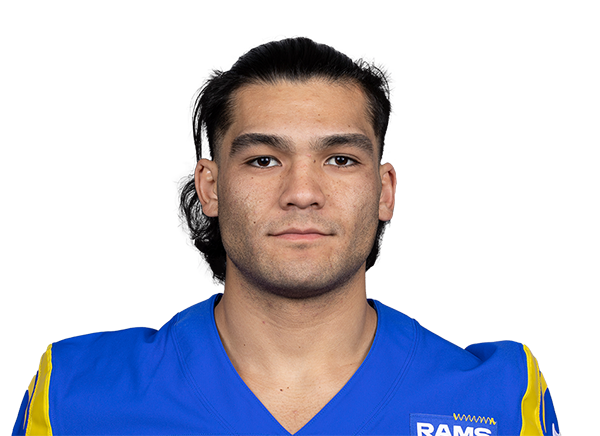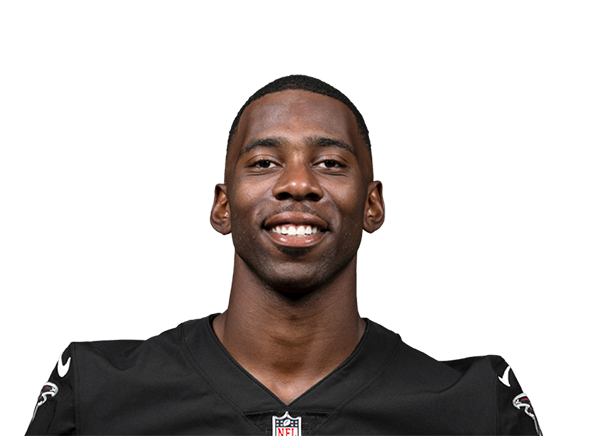The Five Rules of Dynasty Trading
As we near the end of preseason, hopefully even the sleepiest of your dynasty leagues is starting to wake up from its offseason slumber. And as owners start paying attention and new information on players starts coming fast, it signals the start of… trade season!
For my money, trading is the biggest draw to dynasty fantasy football. Oh, redraft leagues see some action too, but since everyone has the same goal – to win right now – it limits the spread in valuations. In dynasty, adding consideration about not just winning now but also in the future really opens things up.
Trading is a great test of skill over the long term – both parties are staking a claim on the pieces they receive being to some degree better than the pieces they give, and only time will tell. Obviously, even the best-looking trades can go wrong, but even then I find it worthwhile. In one league of mine I made both the best and worst trades I’ve ever been a part of, both in 2014. First, I gave Kadeem Carey to a Forte-owning Bears fan for Odell Beckham Jr. while he was still injured the first four weeks of the season, and hadn’t yet seen the field. What a win! Then a few weeks later I gave Beckham, Allen Robinson and Jordan Reed for Jimmy Graham, while he was still a superstar in New Orleans.
I’ll let you share in the sting of that one for a moment.
But you know, when I get together with other fantasy football fans and we start swapping stories, this is the story I tell most often. I love this story, and it’s fun to talk about with a wry shake of the head.
Which leads me to the point of this article: how do you, and your league, make trading a fun and integral element of the season?
Trading Survey
The easy starting point is “active owners,” but there’s nothing particularly useful in that observation. Every league wants active owners. But if you’re new to a league, especially if you’re new to the dynasty format, you may be wondering how to behave in the trade market. Is there an accepted etiquette? How do you jump in and get favorable reactions from people, even in failed negotiations?
To explore this I ran a small survey of the DLF community via the forums. After all, what better way to find out how your fellow dynasty owners might respond to you than to ask our own big community of dynasty owners? The poll ran for 24 hours, in which time it collected 64 responses.
Question 1: Rank these openings in order of how likely you are to view the owner favorably and counter:
- Receiving an official trade offer that isn’t good enough for you to accept
- Receiving a really terrible official trade offer
- Receiving a message “what do you think about my player y for your player x?”
- Receiving a message “what do you want for player x?”
The results of this one surprised me. I had anticipated that owners would be much more favorably inclined to receiving actual trade offers rather than just messages discussing trades. After all, actual trade offers can be acted upon while simple messages have nothing binding to them. The one rated most favorably however, was the third one, “what do you think about my player y for your player x?” with 69.84 percent of the first-place votes and none of the last place votes. The results for last place were even more conclusive: 84.13 percent of respondents rated receiving a really terrible trade offer as the worst. The other two were essentially tied in the middle, with each getting between 37 and 41 percent of the votes for both the second and third positions.
Question 2: You send an offer that another owner rejects. Now you ideally hope to see:
- A counter offer
- A message explaining the rejection
- Nothing else
This question held no surprises. A full nobody selected “nothing” as the ideal response, while 82.54 percent selected an explanation and 73.02 percent selected a counter (multiple selections were allowed).
Question 3: You receive a really terrible trade offer. Which of these, if any, are acceptable to do next?
- Counter with another really terrible trade offer, but in your favor
- Let the trade sit without a response until it automatically expires
- Post publicly to the league about it
- Reject it without comment or counter
The answers to this question were particularly interesting in light of the previous question, where literally everyone said they ideally wanted some form of response to a rejected trade. Only 19.05 percent of people didn’t select any of these as acceptable (skipped the question), though this may have been in part a result of poor question design on my part: While the question includes “if any” in the wording, there was no explicit “none” option which may have led some to select at least one answer even if they might have preferred none.
With that in mind, the most popular answer by a landslide was the last one, reject without comment or counter, selected by 92.16 percent of respondents. Again, multiple options could be selected.
Of greater interest then, were the other three. Almost 28 percent of people selected the first, countering with your own really terrible offer, as acceptable, while letting the trade automatically expire earned just under 14 percent of the vote, with publicly posting to the league about it earning four percent.
A surprisingly significant number of people approved of some form of retaliatory response to a bad trade offer.
Question 4: “In my leagues, putting a player on the trading block tends to be worthwhile.”
This was a true/false question, and 66 perecent of respondents selected “false”. That’s actually lower than I expected based on my personal experiences.
Question 5: Is it ever okay for a league to veto a trade, outside of suspected collusion?
Another unsurprising result, though again the magnitude was a little lower than I expected: 81 percent said no, it is never okay for a league to veto trades outside of collusion.
Pet Peeves
The last question of the poll asked for a short sentence or two on the respondent’s pet peeves when it comes to dynasty trading. There were a lot of great answers, but when I put them loosely into groups there were some clear “favorites”:
“I get frustrated when someone denies a trade with no counter or comment about what they didn’t like about the trade.” @cwmcGrath
There were 25 answers that were some variation of “I hate not getting a response”, which fits well with the results of Question 2. This also included “slow” responses, and specifically letting a trade sit until it expires, which 14% of people endorsed as an acceptable response to a bad trade offer in question 3.
When people flat out refuse to make any trades at all or will only consider trades where they “win” by a large margin. @Dlf_kenm
When someone sends a 1 for 1 over that is clearly in their favor, and then proceed to talk up said player they are giving up. If he is so good, why are you trying to trade him? @Zpalm3r
Nine of the responses were some variation of players only accepting trades that are clearly in their favor by a lot. A smaller, related subset to this was disliking players who try to milk every last inch of value out of the trade, like by countering an otherwise good trade with an additional late draft pick included every time.
Overly detailed explanations why the players I’m getting are great and the players I’m giving are bad. The used car salesman approach. @cita1818
Trying to “sell” the trade. I can make my own evaluation of the deal, don’t need a biased opinion on why I should do it. –Jack
One of my personal favorites came up eight times; the salesman approach. This included things like “talking up your end of the bench stashes” and “trashing the guy you are trying to buy.”
Someone sending me a trade request with one of my players and none of theirs with the comments: “offer?” @grooner
This one came up six times, and were all variations on unrealistic starting offers “just to get talks going,” or straight-up telling you what they’re interested in and asking you to make them an offer. This one relates to the relative ineffectiveness of the trading block seen in Question 4, where you put up your own players without actually building an offer to anyone.
A few other notable ones that came up:
- Fishing with lots of low-ball offers
- Trades with terrible valuations
- Offers that make no sense for your team makeup
- Seeing experienced owners take advantage of a newbie
- Accepting an offer verbally, then not following through officially
Summary
What does it all mean? Some clear trends emerged from this survey that anyone who is interested in good trade relations with their league mates should consider. The most annoying thing across the board was not getting responses and feedback, but there were a lot of other insights in here. In particular, I urge everyone to try and curb their own punitive urges to perceived trading slights. And now to wrap it all up:
The Five Rules of Dynasty Trading
- Respond to your trades in a reasonable time frame, and offer feedback or counters. Explain what led to the rejection, but more specifically offer enough info so they know how to adjust future trade offers to you. For example, is one of your players “untouchable,” or are you particularly low on one they offered?
- Don’t take a heavy-handed approach to selling the offer. By all means, explain your reasoning for offering a trade, for example, “I see you have this RB and thought you might be interested in his handcuff.” Communication is important, and can help with future discussions and counters, but trust your trade partner to evaluate the trade themselves.
- The best trade is one where both parties walk away feeling satisfied. You don’t need to win every trade by a large margin; if you always hold out for lopsided offers, eventually you may find yourself not getting any Also consider that completely crushing your opponent in a trade may lead to them not wanting to deal with you in the future, and this is dynasty fantasy football we’re talking about.
- Study up on player valuations, but try not to be too hard on the valuations of others. It’s possible for anyone to completely botch a trade offer now and then, or for two owners to just be on opposite ends of the spectrum. Try to make sure you’re familiar with the values of players in the dynasty community while also not being punitive when someone sends you the occasional bad offer.
- When initiating a trade, do the work to get it started yourself. Building a good trade is difficult, and most owners find it hard to objectively evaluate trades when it’s their players involved. The fear of getting it wrong and embarrassing yourself can make you want to push the initial hard work off onto your trade partner, rely solely on the trading block, or even avoid trading all together. Don’t do it! It’s okay to lose the occasional trade, and it’s okay to send trades that the other owner rejects.
- The Five Rules of Dynasty Trading - August 30, 2016
- Not So Fast There, Average - February 29, 2016
- Why Don’t Combine Metrics Predict Success? - January 21, 2016

















